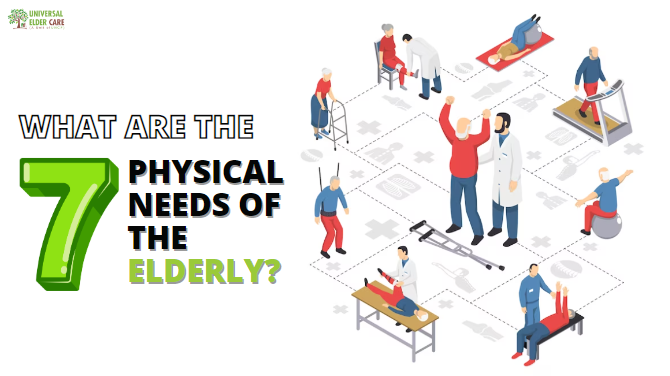Importance of emotional support in palliative care

Palliative care is a specialized medical approach that focuses on improving the quality of life of individuals with serious illnesses, regardless of their age, by relieving pain and other distressing symptoms. One crucial aspect of palliative care that is often overlooked is the importance of emotional support.
Receiving a serious medical diagnosis can be a traumatic experience for both the patient and their family members. Individuals may experience a range of emotions, including fear, anxiety, sadness, anger, and frustration. Emotional support can help individuals navigate these difficult emotions and cope with the challenges associated with their illness.
The palliative care team, which typically includes doctors, nurses, social workers, and chaplains, can provide emotional support to patients and their families in several ways. For example, they can offer counseling, spiritual support, and provide information about the illness and available resources. Emotional support is especially important for individuals who are nearing the end of life, as they may be experiencing complex emotions related to the dying process.
Counseling is an essential component of emotional support in palliative care. Counselors can help patients and their families navigate the emotional challenges of their illness and provide a safe space to discuss their feelings. Counselors can also help patients and families communicate with each other more effectively and make important decisions about their care.
Spiritual support is another essential aspect of emotional support in palliative care. Chaplains can help patients and families explore their spiritual beliefs and provide comfort and guidance during times of uncertainty. Spiritual support can also help patients find meaning and purpose in their illness and connect with something greater than themselves.
Education is another important aspect of emotional support in palliative care. Palliative care teams can provide patients and families with information about their illness, treatment options, and available resources. Education can help patients and families make more informed decisions about their care and alleviate some of the anxiety associated with uncertainty.
In addition to counseling, spiritual support, and education, there are other ways in which palliative care teams can provide emotional support to patients and their families. For example, they can provide opportunities for patients and families to connect with others who are going through similar experiences, such as support groups. They can also provide practical support, such as help with transportation, meal preparation, and errands, which can alleviate some of the stress associated with illness.
Emotional support is a crucial aspect of palliative care that should not be overlooked. It can help patients and their families navigate the complex emotions associated with serious illness and improve their overall quality of life. Palliative care teams can provide emotional support through counseling, spiritual support, education, and practical assistance, among other strategies. By prioritizing emotional support, palliative care teams can help patients and their families find comfort and meaning during difficult times.




